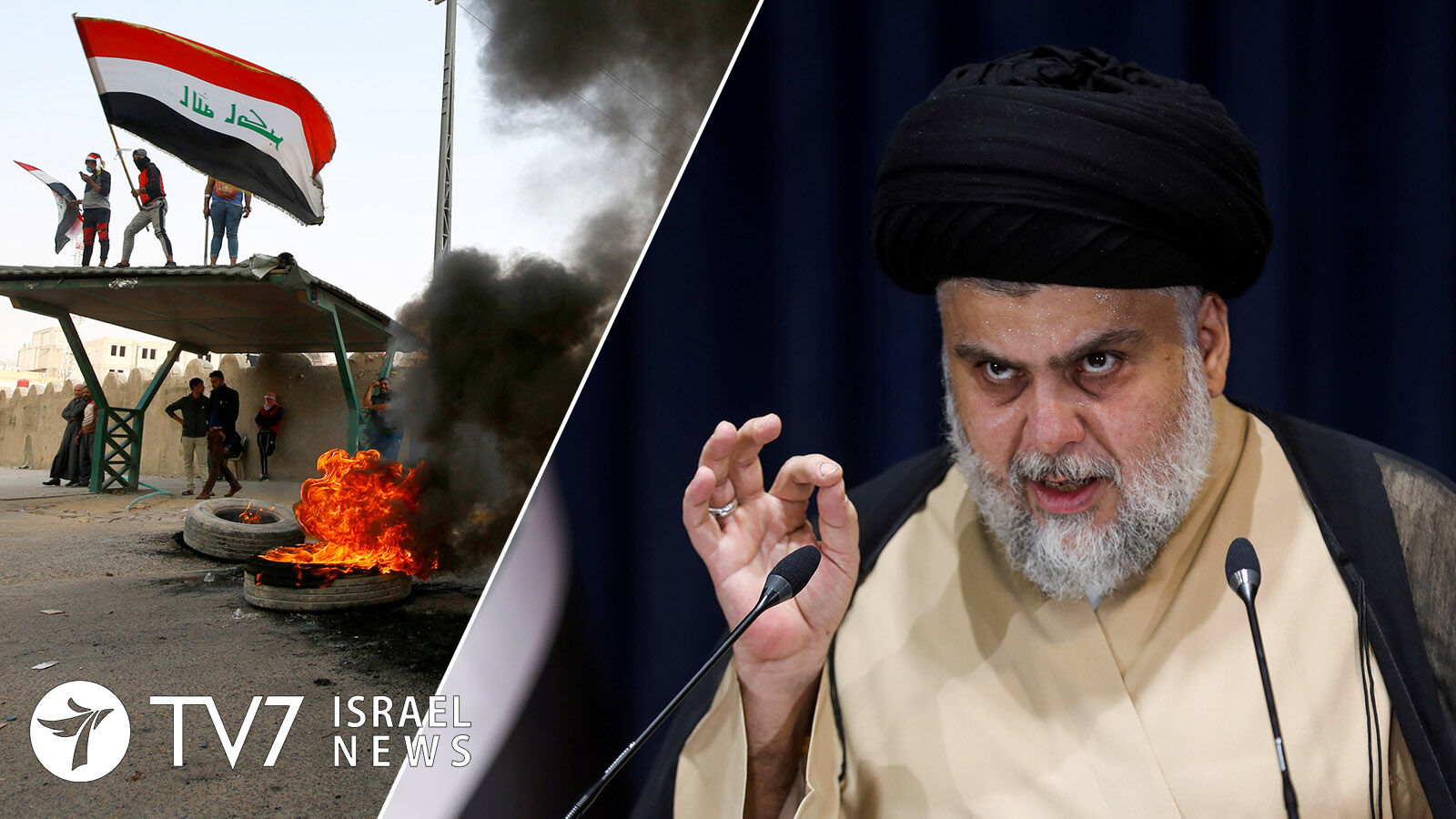The biggest winner in an Iraqi election on Monday is Shi’ite Muslim cleric Moqtada al-Sadr.
By Erin Viner
The 47-year-old leader of the Sadrist political party, which has steadily increased his power in the country. Initial counts indicate 73 of the 329 mandates in the Iraqi Parliament will go to the faction, which also scored the majority of votes in the 2018 elections with 54 seats.
Sadr is known as a populist who has been a prominent and sometime “Kingmaker” in Iraqi politics since the 2003 when he fought against the invasion by the United States. While he claims to oppose all foreign interference in Iraq, Sadr is a regular visitor to the neighboring Shi’ite Islamic Republic of Iran. He has long demanded the withdrawal from Iraq of the 2,500 US troops which are continuing to battle the Islamic State (ISIS) terror group.
Sunday’s election was initially slated to be held in June but delayed due to ongoing mass protests over alleged corruption at the the county’s expense by political leaders. The rescheduled date was moved up several months as a gesture meant to convey ‘government accountability’ by current Prime Minister Mustafa al-Kadhimi, whose predecessor Adel Abdul Mahdi resigned in 2019 after security forces and gunmen killed hundreds of protesters in a crackdown on demonstrations.
There was, however, a record low turnout of just 41% of the country’s 25 million eligible voters, in what was Iraq’s 5th parliamentary election since the US-led invasion toppled former Sunni dictator Saddam Hussein from power. Since that time, Iraq’s Shi’ite groups have dominated all or Iraqi governments.
In a victory speech broadcast live on state TV, Sadr vowed to form a government free of foreign intervention. “We welcome all embassies that do not interfere in Iraq’s internal affairs,” he said, while calling for street celebrations of his win to be held “without weapons.”
Sadr’s effort to form a ruling coalition is expected to take several weeks or longer.
The Taqaddum coalition led by Parliament Speaker Mohammed al-Halbousi came in second with 38 seats, followed by the State Of Law coalition with 37 headed by former Prime Minister (2008-2014) Nouri al-Maliki.
Kurdish parties won a total 61 mandates, of which the Kurdistan Democratic Party of the country’s autonomous Kurdish region garnered 32 and its rival the Patriotic Union of Kurdistan party took 15.
